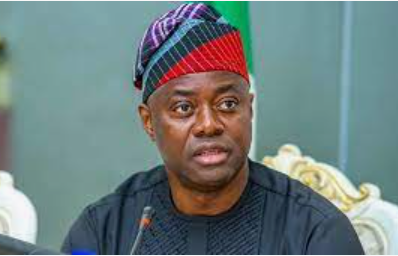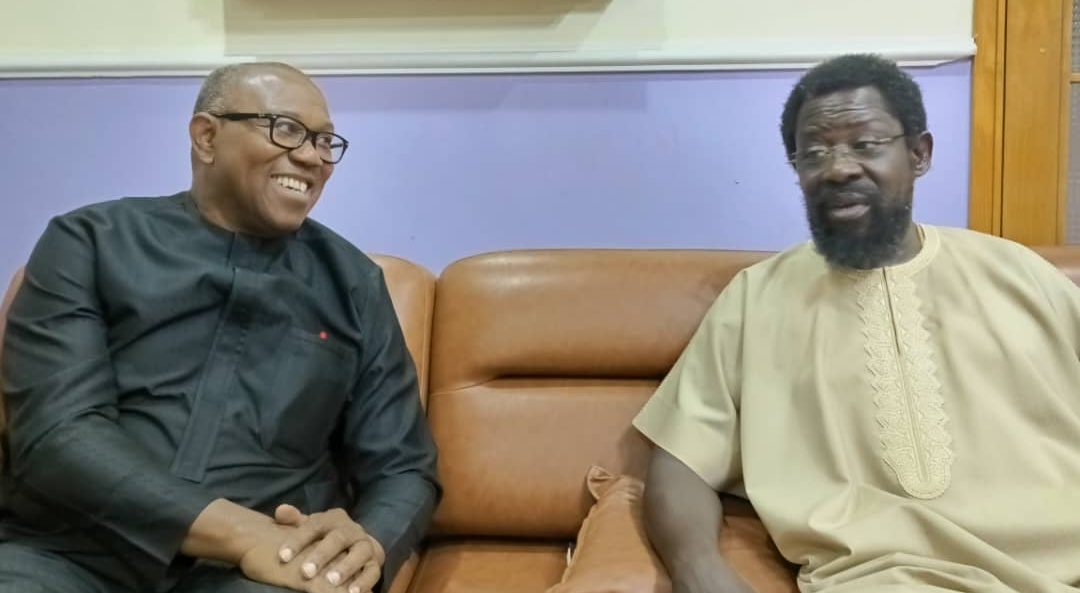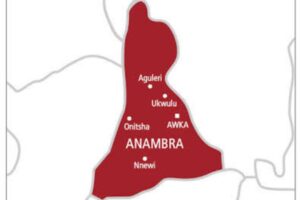Buhari becomes special ambassador for Indian app Koo
President Muhammadu Buhari appears to have become a special ambassador to Indian social media platform Koo as his image was featured on Koo’s social media advert with the app promising to provide “exclusive updates from him only on Koo App!”

The app Koo, similar to Twitter, emerged onto the Nigerian market in June. This was soon after the Nigerian government banned Twitter and its operations within the country.
Twitter was banned two days after the platform removed a tweet by President Muhammadu Buhari that threatened to punish regional secessionists in the South-East region of the country.
Koo’s popularity subsequently surged as official federal government social media platforms stopped tweeting and migrated to Koo.
Top government functionaries, presidential aides, agencies, and other pro-government individuals also took to Koo.
The federal government stated that all social media platforms operating in Nigeria must be registered as a business entity locally henceforth. The same condition was laid down as one of the preconditions for the lifting of the ban on Twitter.
The Indian microblogging site has since moved in to cash in on the development, preparing to establish a physical presence in Nigeria while connecting with top influencers.
Koo co-founder Aprameya Radhakrishna hinted from his Twitter handle:
“@kooindia is available in Nigeria. We’re thinking of enabling the local languages there too. What say?”
Within days of the Twitter ban, Koo was available on Apple and Google’s app stores and job openings had been posted on LinkedIn searching for local language speakers.
Koo’s entry into Nigeria is similar to the circumstances around its introduction to its home market.
After Koo launched, thousands of farmers started protesting three controversial agricultural laws, many people took to Twitter to complain. The Indian government demanded that Twitter suspend accounts of some media houses and opposition, insisting that they were spreading misinformation.
Koo positioned itself as a government-friendly alternative to Twitter, as the social media platform’s vocal support for freedom of expression was not accepted by the Prime Minister Modi-led government. This led to it becoming a platform for promoting hate and anti-Muslim rhetoric.
In Nigeria, the Buhari-led administration has been vocal about their desire to impose control over social media, which has been widely used by activists and opposition groups to challenge government narratives.
Nigeria’s ministry of information and culture has imposed increasingly stringent regulations under the guise of tackling “misinformation.”
The latest advertorial of Mr Buhari as the face of Koo is Nigeria received an excoriation from civil society organisation, Center for Democracy and Development, CDD.
“Its a shame the #TwitterBan has persisted till now, despite the economic disaster it has proven to be for youths who depend on #twitter for their livelihoods.
For obvious reasons, we find this ad by #koo, another microblogging platform, both immoral and distasteful.
KeepitOn,” CDD tweeted on Sunday.













Post Comment